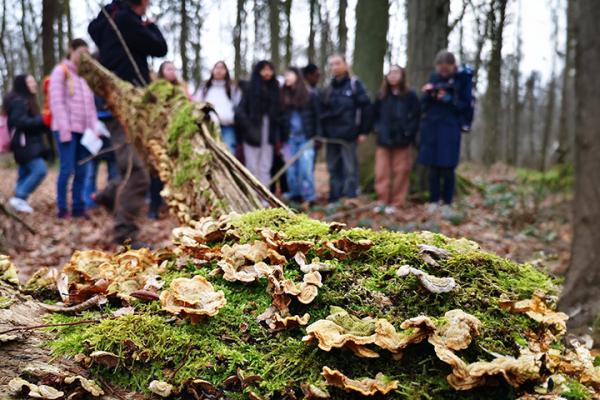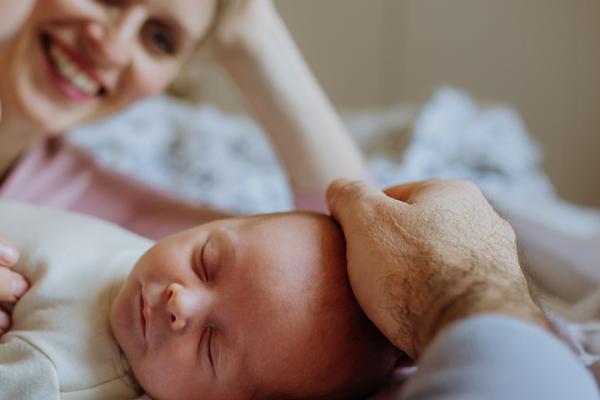Snail-inspired pollution test wins 2014 EU young scientist award
Mariana De Pinho Garcia and Matilde Gonçalves Moreira da Silva, both 16, have designed a method of isolating eggs from the Lymnaea stagnalis pond snail and testing them for toxicity, which provides an indication of whether the water they live in is polluted.
Their project was one of three to win a first prize of EUR 7 000 each at the European Union Contest for Young Scientists (EUCYS) in Warsaw, Poland, where over 30 additional awards were given to Europe’s young scientists, including a week at CERN, the European Nuclear Research Centre, and a visit to the European Southern Observatory in Chile.
João Pedro Estácio Gaspar Gonçalves de Araújo, also from Portugal, was awarded for his work in the mathematical field of semigroup theory, while Luboš Vozdecký from the Czech Republic was recognised for his experiments to characterise rolling friction, the force that resists the motion when an object rolls on a surface.
Máire Geoghegan-Quinn, European Commissioner for Research, Innovation and Science, who attended the prize-giving ceremony on 23 September at Warsaw University, said: ‘The quality of the entries to this competition continues to amaze me, and I congratulate all the participants.
“‘I can’t believe I’ve been in contact with so many people who have the same passion as me.’
‘Research and innovation spring from a diversity of ideas, so we must allow young people the freedom to develop their ideas and create. We also have to work harder to increase female participation in science and technology. These are real challenges for our education systems.’
Speaking from the award ceremony in Warsaw, De Pinho Garcia explained the significance of her project. ‘You can evaluate if something is off in the ecosystem just by looking at the embryos and this is an easy and cheap way to do that,’ she said, adding that the test can be used as a quick and easy screening tool to determine if further analysis should be done on adult pond snails.
De Pinho Garcia said that assessing toxicity levels in water by monitoring the health of animals has more impact on public opinion than just testing water for chemicals. ‘If you tell people “this river is polluted with some kind of chemical substances”, it doesn’t have as much impact as you saying “the river is polluted because the snails are dying”.’
The young scientist intends to spend her share of the EUR 7 000 prize money on a college fund to kick-start her ambition to work as a biologist in the environmental area.
She said the EUCYS event has enabled her to meet like-minded scientists from across Europe. ‘I can’t believe I’ve been in contact with so many people who have the same passion as me,’ she said. ‘And finally we’ve got something to brag about in school too.’
De Pinho Garcia and Gonçalves Moreira da Silva were also selected to attend the London International Youth Science Forum in 2015, where they will meet young scientists from around the world and take part in a two-week summer science festival.
The three winning projects were selected from 77 projects which were submitted by 110 young scientists from 36 countries.
A video interview with winners Mariana De Pinho Garcia and Matilde Gonçalves Moreira da Silva.
Towards a career in science
The EUCYS contest was set up in 1989 to help young researchers exchange ideas and encourage them towards a career in science. The first competition took place in Brussels and has been held in 24 different European cities since then.
Entry is tough; contestants – who must be between 14 and 20 years old – can only enter the competition once and they must have already won a first prize in their national science competition. As part of the contest, young scientists have the opportunity to be guided by some of Europe's most prominent researchers.
Many previous winners go on to have successful careers in research at institutions such as the European Space Agency and CERN. Prof. Martin Hairer, who won this year’s Fields Medal – the most prestigious prize in mathematics – is a former EUCYS prize winner.




